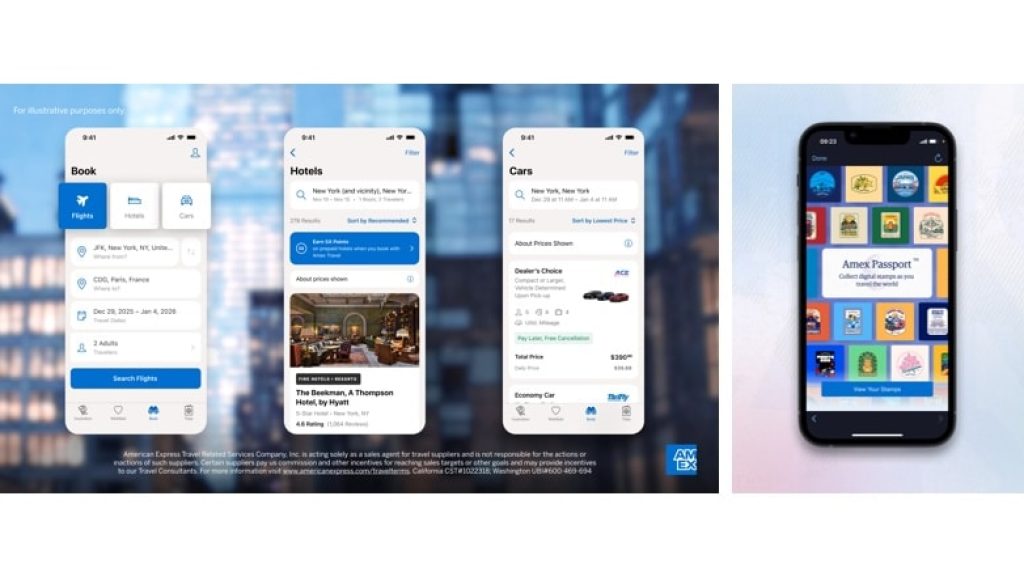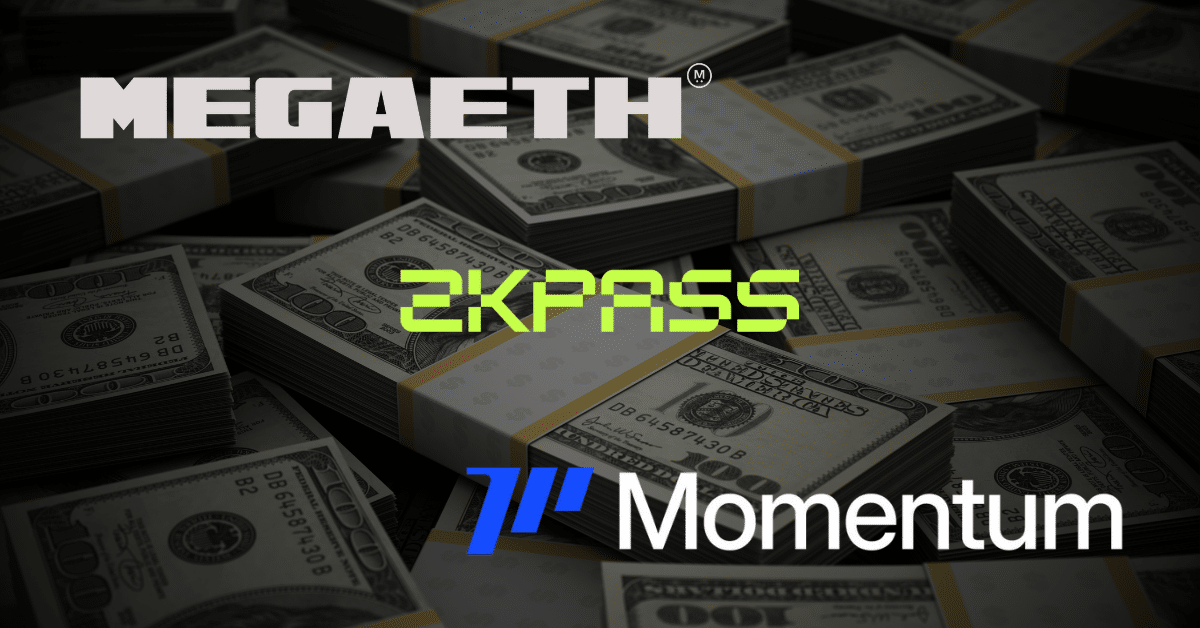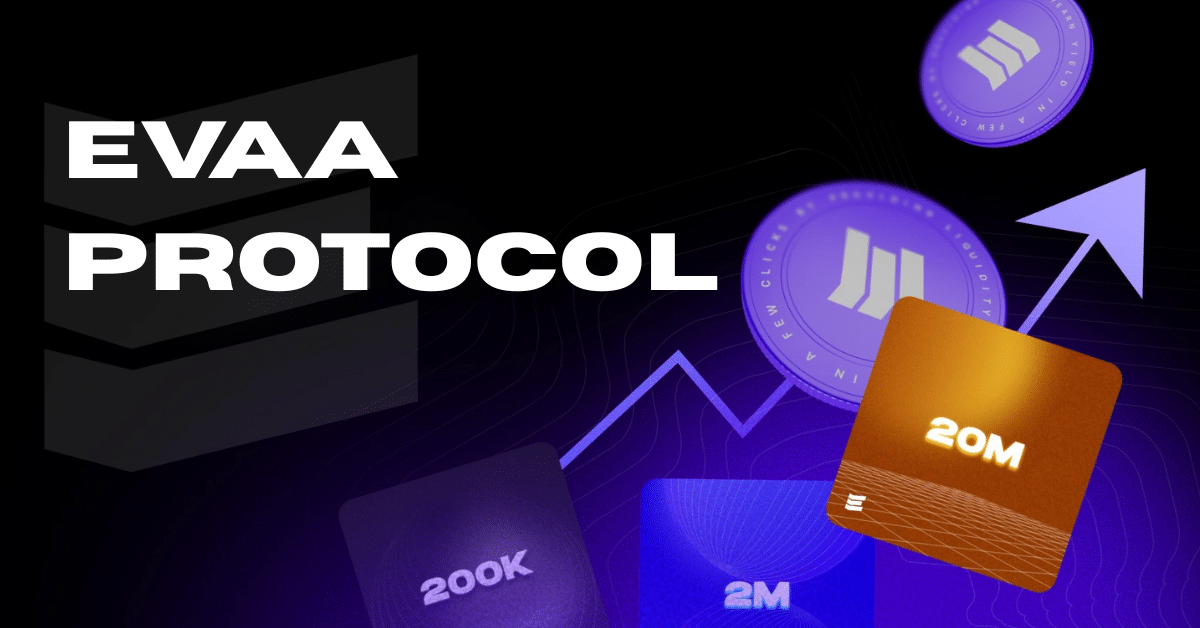Key Takeaways
- American Express is offering NFT “passport stamps” to cardholders as a way to digitally commemorate their travels and collect memories on the blockchain.
- These stamps are non-transferable ERC-721 tokens minted on the Ethereum Layer-2 network, Base, a strategic choice for its low fees and high transaction speeds.
- The initiative is the latest example of a traditional finance giant using blockchain technology for customer engagement and brand loyalty, moving beyond cryptocurrency and into the utility of digital assets.
In a move that merges nostalgic travel with cutting-edge technology, American Express is now offering its cardholders NFT passport stamps to commemorate their journeys.
These blockchain-based “stamps” serve as a digital keepsake of the countries visited, stored as non-fungible tokens (NFTs) on the Ethereum Layer-2 network, Base.
A Public Blockchain for a Corporate Giant
American Express’s decision to build on the Ethereum Layer-2 network, Base, is a strategic choice. Unlike the main Ethereum network, which can have high transaction fees and slower speeds, Layer-2 networks process transactions off the main chain and then “roll them up” into a single, less expensive transaction. This makes Base ideal for a project like Amex Passport, which needs to handle potentially millions of low-value, high-volume transactions.
By using a public, permissionless blockchain, American Express is leveraging the security and immutability of the Ethereum network while providing customers with a transparent and permanent record of their travel memories.
The company is careful to frame these tokens as “stamps” rather than “NFTs” to avoid associations with speculative trading. These tokens are designed to be non-transferable, ensuring they remain personal, digital keepsakes and not financial assets to be traded on a marketplace.
Reimagining Keepsakes in a Digital World
The rollout of the Amex Passport feature comes at a time when physical passport stamps are becoming less common due to digital border control systems.

According to a recent Amex survey, a significant number of people miss the ritual of collecting physical stamps and want more ways to commemorate their trips digitally.
By creating a blockchain-based solution, American Express is not only filling this void but also creating a new loyalty mechanism. The stamps can be customized to highlight specific trip memories and can be easily shared on social media, turning a personal experience into a public-facing brand endorsement.
Final Thoughts
The American Express NFT passport stamps represent a major turning point for corporate blockchain adoption. By focusing on utility and customer experience, rather than speculative value, Amex is showing how a public blockchain can be used to build a new kind of digital loyalty program that is both powerful and secure. This is a crucial step in normalizing blockchain technology in the eyes of millions of consumers.
Frequently Asked Questions
What is an ERC-721 token?
An ERC-721 token is a standard on the Ethereum blockchain for creating unique, non-fungible tokens (NFTs). Each token has a unique identifier and cannot be replicated or interchanged with another.
Why is American Express using a Layer-2 network like Base?
American Express is using a Layer-2 network to enable faster transactions and significantly lower fees than those on the Ethereum mainnet, which makes the service scalable and cost-effective for millions of users.
Can these NFT stamps be traded or sold?
No. These NFT passport stamps are designed to be non-transferable and cannot be traded on secondary marketplaces. Their value is purely as a personal keepsake and not a financial asset.























